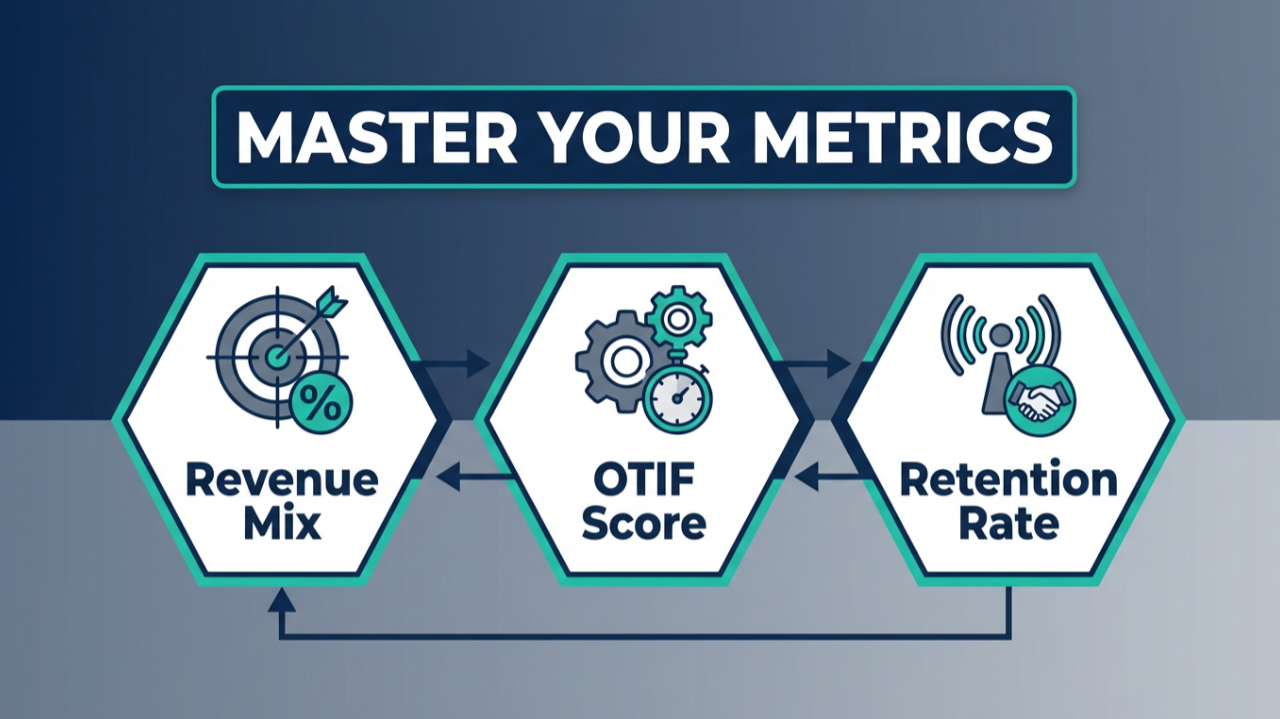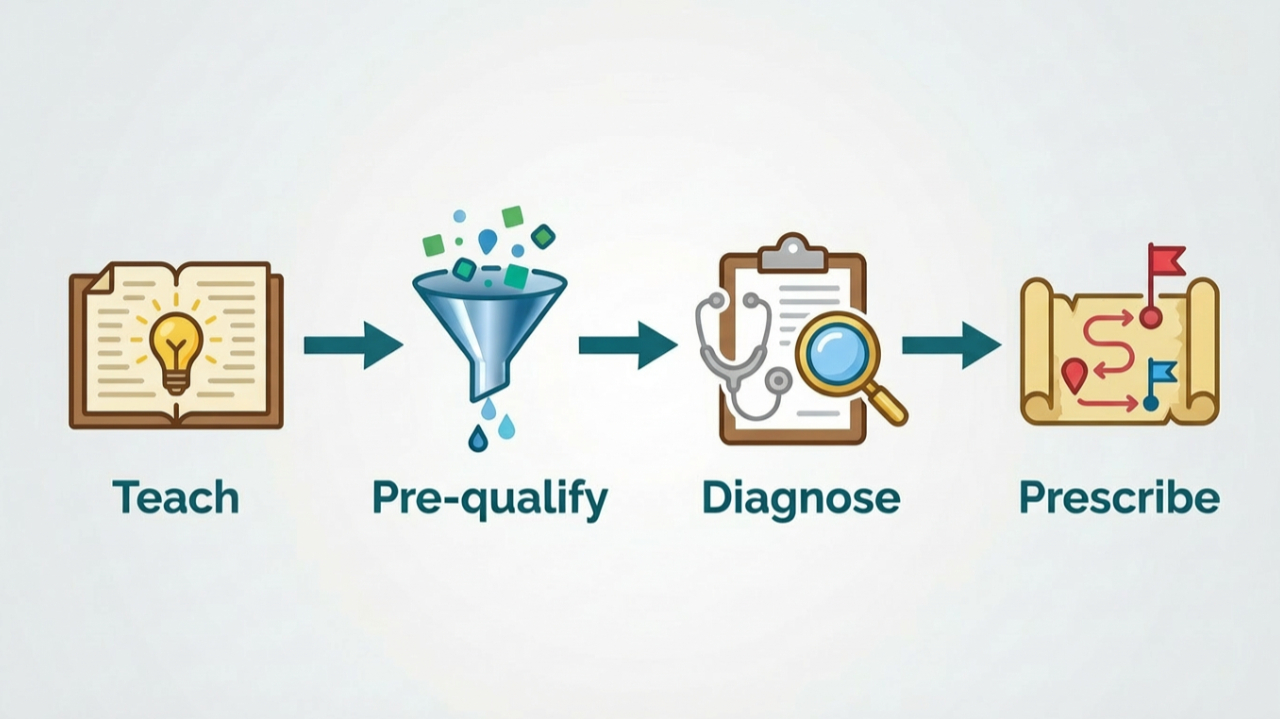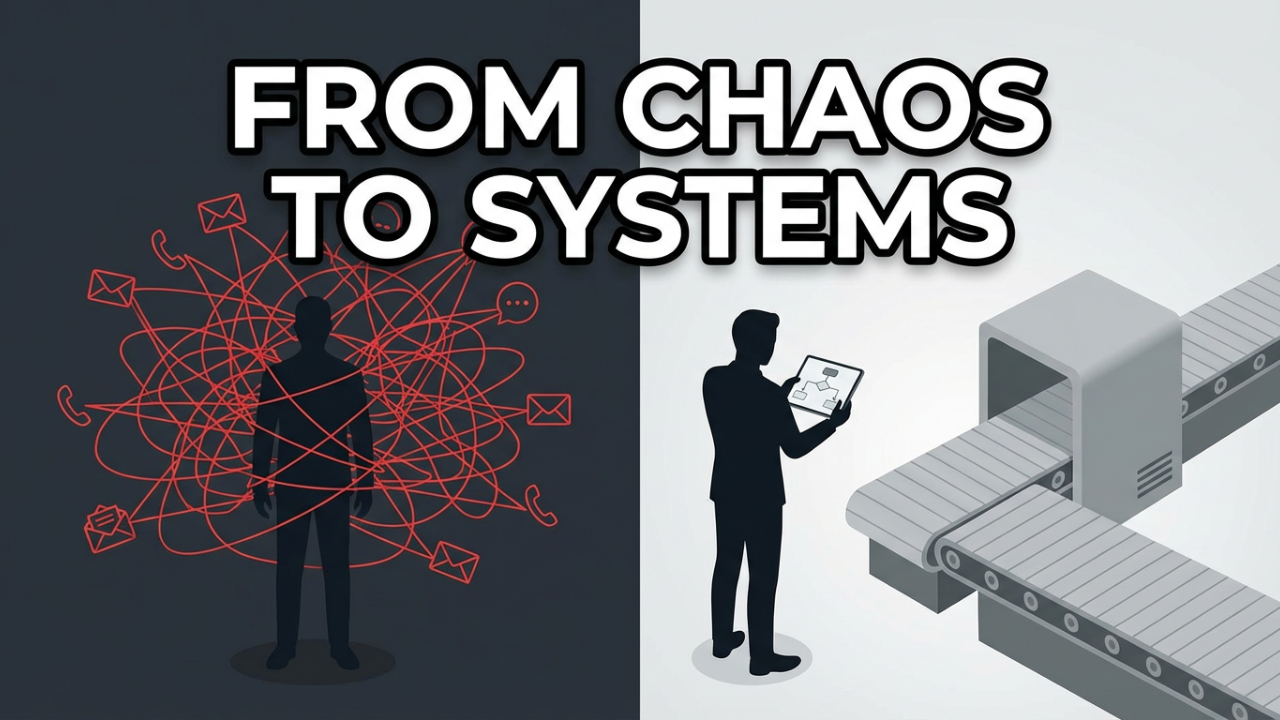Don't Get Stuck: How to Overcome Marketing Obstacles
Feeling stuck when your marketing results don't match your ambitions is common. You might have tried paid ad campaigns, only to see leads trickle in slowly. Perhaps you launched a social media campaign with excitement, but it failed to gain traction. It can feel like running on a hamster wheel, moving fast but getting nowhere. This situation is more common than many realise.
Marketing roadblocks vary. A small budget might limit your platform choices, or a steep learning curve could overwhelm you. Sometimes, the obstacle is a lack of insights—if you don't know who's responding to your content, how can you expand your reach?
Small business owners face a mix of tradition and innovation. Audiences crave trust and credibility, adding pressure to get the message right. So, how do you overcome these hurdles and keep growing? This blog will teach you how to identify marketing obstacles and implement solutions for sustainable growth.
1. Identifying Your Marketing Roadblocks
Diagnosing your marketing problems is the first step. You wouldn't treat an illness without consulting a GP, and the same applies to your brand strategy. How can you solve a maze if you don't know where the walls are?
Common obstacles include a lack of insights from relying on guesswork instead of data. Many small business owners place ads without real analytics to evaluate results. Poor execution can occur if you're juggling too many tasks, like handling social media, brand partnerships, and product innovation simultaneously. Without a dedicated marketing person, campaigns might start but never finish.
Resource limits can also be a pressure point. A small budget means squeezing every drop of value from your efforts, while bigger players with deeper pockets overshadow your brand. So, how do you not only survive but thrive?
Inflexibility is another issue. Marketing is always changing, and clinging to old methods might mean missing new opportunities. Some small businesses invest heavily in local print ads, while their audience is more active on social media. Being open to change can be challenging but might spark the growth you need.
Diagnosing your roadblocks means examining your data, even if it's anecdotal at first. Ask customers how they find you. Check your website traffic, even with a simple analytics report. Once you identify where things stall, you can apply targeted solutions.
2. Growth Hacks to Navigate Marketing Challenges
Growth hacks are creative strategies that tap into existing behaviour and channels to help your brand spread quickly. The key is to use them ethically and focus on genuine value. Growth hacking can get a bad reputation if it's all about flashy gimmicks, but when done thoughtfully, it can help you overcome obstacles without huge budgets or complicated processes.
Take referral programs. Dropbox famously gave referrers and referees extra storage space, propelling it from a modest tech upstart to a household name. Mutual benefit is a powerful motivator, as people love sharing when their friends will thank them for it.
Platform integration is another hack. Airbnb integrated with classified sites and used user-generated content to create a self-sustaining engine. Instead of waiting for people to come to them, they went to where people already searched.
Freemium models, like Spotify's, let people try the service for free, then pay for enhanced features. It's a transparent way to lower barriers and let the product speak for itself. Viral messaging from early players like Hotmail showed how a simple signature line can become a massive amplifier.
SEO and public profiles, which LinkedIn leveraged, show how letting users create shareable content can rotate interest back to your platform. Offering a free first experience, like Uber's free rides for first-time users, can quickly hook new customers.
While these hacks are powerful, ensure they align with your brand values. The real magic is creating a cycle that benefits your customers as much as it benefits you, scaling organically without feeling sleazy.
3. Actionable Strategies to Overcome Marketing Roadblocks
Let's shift from identifying and hacking growth to using concrete strategies that address challenges head-on. The first strategy is leveraging data and customer insights. This might mean installing a simple analytics plugin on your site to see when people visit, where they live, and how they discover you. If you notice many visits from Scotland, tailor content for that region. Small tweaks can create big ripple effects.
Building authentic customer relationships is another strategy. In the UK, trust is crucial. People like buying from businesses that understand their needs. Solicit feedback after purchases or create a small online group for insider tips. Listening to customers might lead them to do some marketing for you through word of mouth.
Being adaptable is equally important. Successful campaigns often come from continuous refinement. Try one offer, measure results, pivot if it falls flat, and refine further if people respond. Small business owners who aren't afraid to experiment often produce the best results.
High-impact, value-driven content can be your best friend. Write in-depth blog posts answering pressing customer questions or host short webinars explaining confusing topics. Providing practical value helps you stand out from brands that just shout about deals. Educating your audience also wins their trust.
Finally, empower your team if you have one. Sometimes the best marketing idea comes from the person answering phones, as they hear honest feedback daily. Collaboration across departments ensures everyone is invested in the marketing message. Testing, measuring, and iterating then becomes a natural flow, not an afterthought.
4. Real World Success Stories
Discussing marketing strategies in the abstract is one thing but seeing them in action is more inspiring. Slack, for instance, didn't start as a chat tool everyone wanted. It began as an internal communication solution for a gaming company. The Slack team realised they had a product that could transform workplace communication. They weren't afraid to pivot away from gaming and encouraged early adopters to share Slack with teammates. That viral loop was potent because team members drove adoption. Slack overcame low initial brand awareness through user advocacy and strong positioning.
Zoom faced fierce competition in video conferencing. Yet, they focused on a frictionless user experience, making the tool simple to install and share. Their free plan allowed small groups to try it with a time limit that nudged them to upgrade. This approach overcame resource constraints by giving users a taste of the premium service.
Apple, now a giant, once fought for market share against established incumbents. They succeeded by creating exclusivity and focusing on design that set them apart. Their marketing emphasised user experience, breaking through the noise. The lesson is simple: differentiate in a way that resonates with your audience's needs. Apple showed that focusing on uniqueness can break through even the toughest clutter.
Microsoft adapted in the face of stiff competition. They launched new products and emphasised cloud solutions. Instead of resting on their Office suite, they developed Office 365 and integrated with cloud storage. This major shift helped them compete with newer tech players. Their success reminds us that stagnation isn't an option. If you're not adapting to changing customer habits, you're likely sliding backward.
5. Key Takeaways
When considering growth hacks or marketing fixes, it's tempting to seek that one trick to catapult you to the top of search results. But sustainable growth usually comes from strategies offering real value. Focus on giving people what they need, and they're more inclined to share, recommend, or return.
Growth hacks work best with mutual benefit. Whether it's free storage, special discounts for referrals, or exclusive insider tips, make people want to share out of genuine excitement. This is more effective than pushy messages pleading for sign-ups. Subtlety and sincerity are more appealing.
Proactive, data-driven marketing often beats reactive approaches. Don't wait until sales slow to analyse campaigns. Set a weekly time to review ad performance. Talk to real customers and hear their feedback. Consistent practice helps small business owners spot problems before they become crises.
Viewing obstacles as growth opportunities is crucial. A plateau likely means an opportunity to refine messaging or pivot. It might not feel fun initially, but with the right mindset, challenges become catalysts for new campaigns that push you ahead of competitors.
Conclusion
There's no perfect marketing blueprint guaranteeing success. Each small business is unique, especially in the UK, where consumer expectations blend tradition and a hunger for next-level experiences. Don't let a flop dishearten you. Keep experimenting, measuring, and refining. Your willingness to adapt is half the battle.
Think of companies that turned obstacles into success stories. Slack started as a small gaming team that invented a chat app by chance. It took imagination and market awareness to shift gears. No matter your business type, learn from these examples. Your resources might be smaller, but your hunger and agility offer a different advantage. The ability to pivot quickly is invaluable.
Marketing is about connecting with people in a way that resonates. If you do that well, your brand will grow. The strategies here aren't complicated. They require focus, creativity, and the courage to keep trying. Start navigating marketing roadblocks by identifying where you're stuck, collecting insights, and testing new solutions. Once you see what works, do more of it. By applying these insights and hacks, you can avoid common pitfalls and push your business forward in a lasting way. Go forth, refine your approach, and watch your growth momentum pick up.
Additional Resources:
For further material on related topics, consider exploring the following:
For personalised advice and support on mastering your business marketing strategy, contact us today to schedule a consultation with our experts.
Message Us:
Contact Form
Phone:
0330 311 2820
We look forward to helping you discover your unique path to growth, strategies that fit you - not the other way round.
Pay It Forward! Sharing Is Caring!











